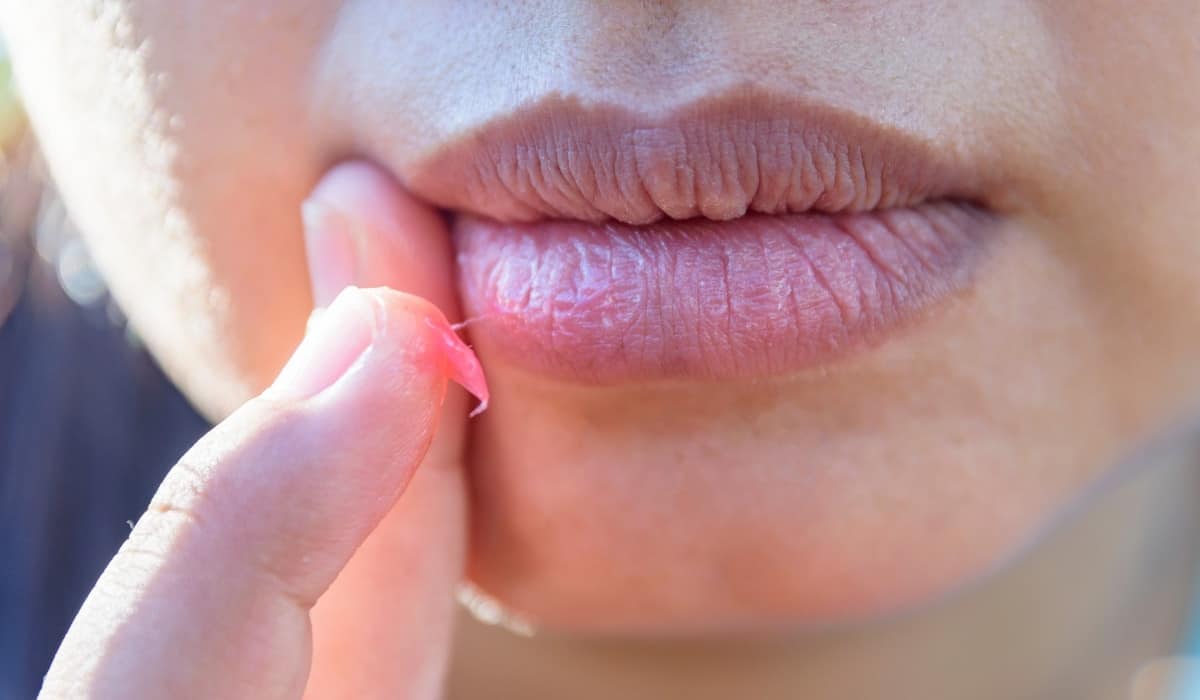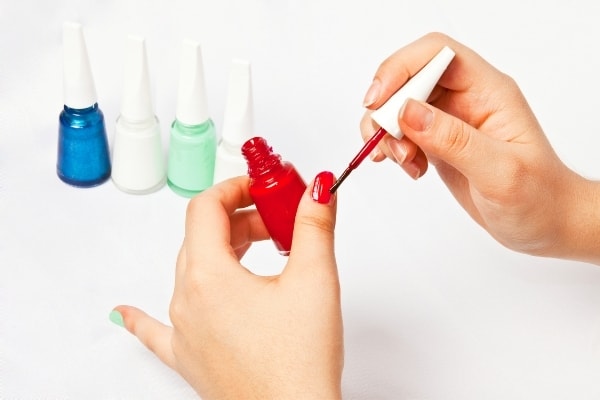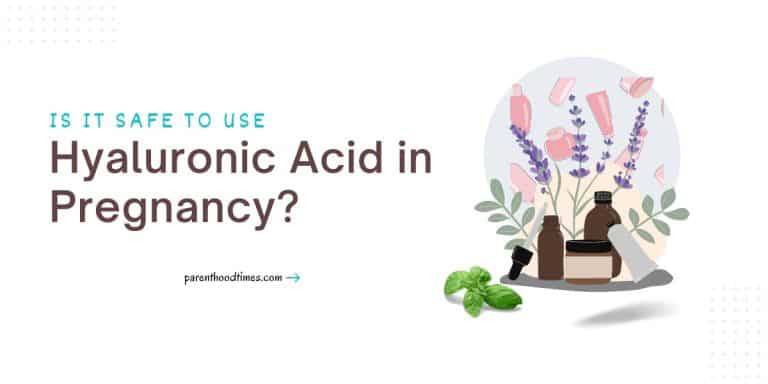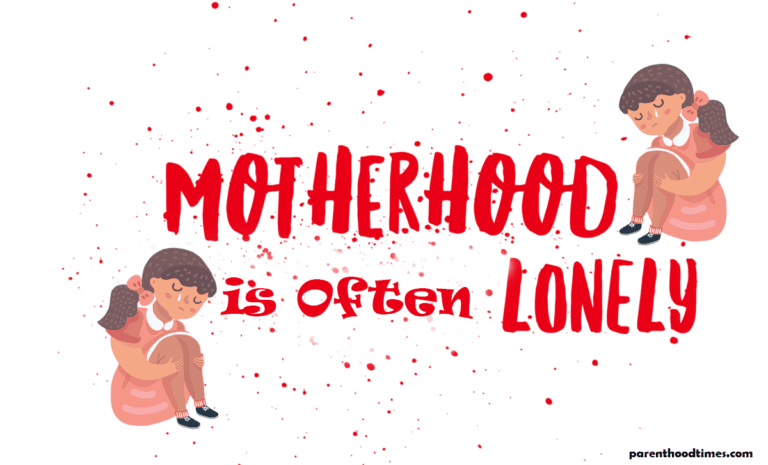Dry Skin and Chapped Lips During Pregnancy: Causes and Remedies
Dry skin and chapped lips are very common during pregnancy. Many women suffer from dry, cracked, and itchy skin while pregnant. The body needs extra moisture during pregnancy because of all the changes your body goes through. The baby growing inside you also puts a lot of strain on your body. Before we give some practical tips for taking care of dry skin and chapped lips, here’s what happens to your skin during pregnancy.
Dry Skin and Lips During Pregnancy
Your skin is constantly changing during pregnancy. Some changes are apparent, but others are more subtle and aren’t necessarily related to your pregnancy. For example, your skin may become more sensitive, dry, or oily at certain times of the day or period in your pregnancy.
Towards the end of the first trimester of your pregnancy, you should probably feel pretty good. Once you enter the 14 weeks into the pregnancy, you will no longer have to deal with morning sickness and feel a little more energized.
If you have a feeling that your skin is behaving differently (particularly if it’s becoming more oily or dry), this too is likely to change as your pregnancy progresses.
Here are a few reasons which contribute to dry skin and lips during pregnancy.
What causes dry lips and skin in pregnancy?
Not drinking enough water: The major cause of dry skin and lips in pregnancy is that you’re not drinking enough water. You need to drink at least eight glasses of water a day, preferably more. Don’t rely on other beverages as substitutes for water. Substances like caffeine and alcohol can make your skin drier. Drink plenty of water during your waking hours, even if it means often drinking from a small glass.
Increased blood volume: While pregnant, your blood volume increases by 40 percent or more. That means there’s more fluid within the membranes around your body’s cells. That extra fluid is great for growing a baby, but it also means you need more water than you needed before pregnancy.
This causes a few issues that lead to dryness because blood helps keep your skin hydrated. First, it’s harder for nutrients like Vitamin A and E to reach your skin cells because there’s more blood competing for the same space in your capillaries (tiny blood vessels). Second, when you become dehydrated from not drinking enough water, those levels drop even more because the body pulls water from the surface layers of your skin to replenish what it needs internally.
Changes in body shape and size: Bodily changes occur to accommodate your growing baby throughout your pregnancy. You might notice that your skin gets drier as you get further along in your pregnancy. This is because your skin stretches to protect the baby, resulting in decreased elasticity and moisture.
Now that you know the reasons behind dry skin and lips. So, should you be worried about it?
When should you be worried about dry skin and lips?
When should you be worried about dry skin and lips during pregnancy? As a general rule of thumb, see your doctor if you are worried about it.
Dry skin and lips are common symptoms during pregnancy. It’s normal to experience some itching (especially on the palms) during pregnancy because of hormonal changes.
But intense itching can be a symptom of intrahepatic cholestasis during pregnancy (ICP). ICP is a liver disorder that affects the normal flow of bile and causes itching, tiredness, and jaundice (yellowing of the skin). It’s rare during early pregnancy but more common later, around 28 weeks, when the baby is growing quickly.
This is a serious issue. So it’s ideal to see the doctor as soon as possible if you encounter these symptoms. If you notice the issue is mild to moderate, follow these tips below:
How to get relief from dry skin and lips during pregnancy
If your lips are chapped, you might struggle to eat and drink anything. That can be very irritating whether you are pregnant or not. Without proper care, chapped lips can lead to cracks and bleeding. The good news is dry skin and lips can be relieved with a few easy-to-follow tips:
Drink Plenty of Water
Drink around 8-12 cups of water every day. It will help maintain and restore your skin’s natural moisture.
Moisturize Your Skin
Use a safe body moisturizer formulated specifically for your skin type to keep it hydrated all day long. If you have very oily skin, look for a cream with an oil-free formula. If you have dry skin, look for a cream or lotion with a thicker formula that contains emollients or humectants to keep the skin ultra-hydrated.
Use Lip Balm
Apply lip balm to keep the lips soft and moisturized. You shouldn’t try regular chapsticks or petroleum because they might make the situation worse. Instead, use safe and gentle lip balms during pregnancy. You could also try an unscented lip balm if you are sensitive or allergic to perfumes or fragrances found in many lip balms.
Avoid Scented Lotions, Soaps, and Shampoos
Fragrances in soaps, shampoos, lotions, and other personal care products can be irritating for your sensitive lips. Make sure you use pregnancy-safe bath products such as body washes, lotions, shampoos & conditioners.
Try Yogurt
Yogurt contains lactic acid, which has exfoliating properties that can help remove dry, flaky skin on your hands, feet, chin, and elbows.
Take a Milk Bath
Milk is also high in lactic acid and proteins such as vitamin A and E. Pour a cup of milk into a tub of hot water and soak for 10 to 15 minutes to relieve dry, itchy skin.
Use a Humidifier
Humidifiers can be helpful during pregnancy and beyond. They help lock moisture in the air to keep the relative humidity to an optimal level. For added relief, rub your hands with coconut oil before going to bed and put them over a bowl of warm water so they’ll stay moist while you sleep.
Conclusion
If you’re pregnant and have dry skin, the first step is to talk with your doctor or midwife. However, even if it is a normal part of pregnancy, you can take steps to keep your skin moisturized and healthy throughout the nine months and beyond. We hope the above tips will help you when caring for skin (and lips) during pregnancy.







